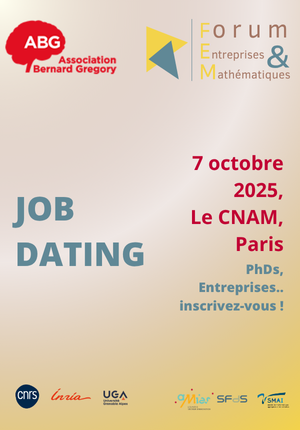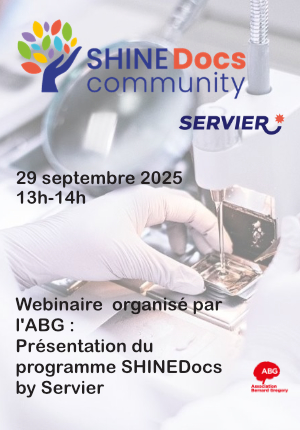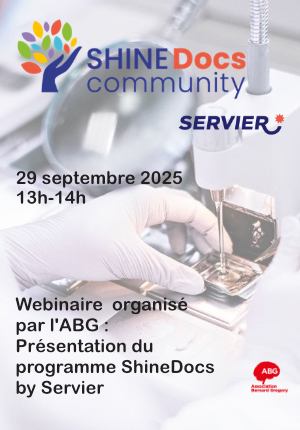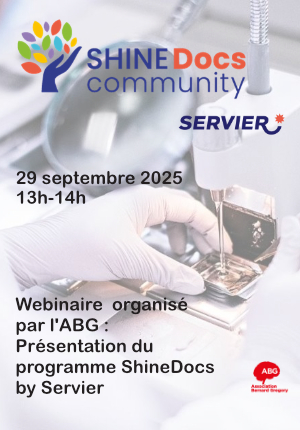Development of hybrid models for performance analysis and lifetime behavior prediction of PEMWE cell assemblies using machine learning and electrochemical principles
| ABG-133351 | Thesis topic | |
| 2025-09-07 | Public/private mixed funding |

- Energy
- Digital
- Engineering sciences
Topic description
Molecular hydrogen is regarded as one of the most promising renewable energy sources due to its environmentally friendly characteristics, high energy density, and conversion efficiency. While various techniques for hydrogen production exist, water electrolysis stands out as the cleanest, most reliable, and environmentally sustainable option. Among these technologies, Proton Exchange Membrane (PEM) electrolysis is considered particularly advantageous. The objective of this thesis project is to develop hybrid models that integrate electrochemical principles with machine learning techniques to analyze data from electrolyzers, predict performance, assess lifespan, and determine maintenance requirements. Various machine learning strategies will be employed in conjunction with electrochemical principles to enhance predictive modeling of Proton Exchange Membrane (PEM) water electrolysis stacks. Among these strategies, Support Vector Machines (SVM) demonstrate effectiveness in classifying operational states and identifying critical electrochemical factors influencing performance and maintenance needs. Additionally, Artificial Neural Networks (ANN) are adept at modeling complex relationships and capturing nonlinearities within the data, thereby providing valuable insights into the electrolysis process. By incorporating these methodologies, alongside Hyperparameter Tuning techniques such as grid search and random search, we aim to ensure that our predictive models are aligned with the underlying electrochemical dynamics, ultimately enhancing overall system performance. The candidate will benefit from the resources available in the ecosystem of the ICMMO with its industrial partners for the modeling and the experimental validation using laboratory PEM electrolysis cells.
Funding category
Funding further details
Presentation of host institution and host laboratory
The Institute of Molecular Chemistry and Materials of Orsay (ICMMO - UMR 8182) brings together approximately 150 permanent staff members and 120 doctoral students or post-doctoral researchers within a structure at the heart of the Faculty of Sciences of Orsay at Paris-Sud University. It is one of the leading university research entities in chemistry in France. The research activities will be conducted within the ERIEE team (Research and Innovation in Electrochemistry for Energy), which specializes in electrochemistry for energy applications.
The team consists of researchers who share a common scientific culture and focus on molecular and materials physics-chemistry. Its objective is to address major societal challenges, including hydrogen, CO2 reduction, batteries, and supercapacitors. The team's work spans a broad range of activities, from the synthesis and characterization of materials (solid-state, molecular solids) with (photo)electrochemical properties to prototype development (electrochemical engineering) and technology transfer. The team also manages numerous external partnerships, both academic and industrial.
Candidate's profile
Coming from a physical, chemical, or general engineering background, with a specialty in Materials Chemistry and Electrochemistry, the selected applicant will carry out his/her research work in time shared between the Eriée-ICMMO laboratory at Paris-Saclay University (Orsay, 91). He/she will benefit from the supervision of academic and industrial experts in the field of PEM electrolysis. Since the thesis is directly linked to the research and development carried out with industrial partners, he/she will have the possibility of transposing his/her research results to industrial-scale equipment. The selected applicant will be required to communicate on his/her work within the framework of periodic project progress meetings and within the framework of his/her participation in congresses and must therefore be at ease in oral communication in French and English. The candidate should have an Engineering of Master of Sciences degree, with a specialization in programming/numerical modeling/mathematics (knowledge of general electrochemistry principles would be a plus). The candidate should be a scientist interested in modern water electrolysis technologies, which are the core of energy transition. He / She will work in an interdisciplinary environment, interacting with specialists from both academia and industry. The candidate should have a strong desire to develop applied solutions that can be tested in a cutting-edge industrial environment. Models resulting from this research will initially be tested on electrolysis benches before being scaled up to analyze data from industrial electrolyzers. The candidate will be expected to communicate their work through internal presentations (project meetings) and participation in conferences, thereby enhancing their oral communication skills and acquiring a set of soft skills that will enrich their training.
Vous avez déjà un compte ?
Nouvel utilisateur ?
Get ABG’s monthly newsletters including news, job offers, grants & fellowships and a selection of relevant events…
Discover our members
 Groupe AFNOR - Association française de normalisation
Groupe AFNOR - Association française de normalisation  MabDesign
MabDesign  Généthon
Généthon  Laboratoire National de Métrologie et d'Essais - LNE
Laboratoire National de Métrologie et d'Essais - LNE  Nokia Bell Labs France
Nokia Bell Labs France  SUEZ
SUEZ  Institut Sup'biotech de Paris
Institut Sup'biotech de Paris  MabDesign
MabDesign  ONERA - The French Aerospace Lab
ONERA - The French Aerospace Lab  ADEME
ADEME  ASNR - Autorité de sûreté nucléaire et de radioprotection - Siège
ASNR - Autorité de sûreté nucléaire et de radioprotection - Siège  CESI
CESI  Tecknowmetrix
Tecknowmetrix  TotalEnergies
TotalEnergies  Aérocentre, Pôle d'excellence régional
Aérocentre, Pôle d'excellence régional  ANRT
ANRT  Ifremer
Ifremer  CASDEN
CASDEN  PhDOOC
PhDOOC




